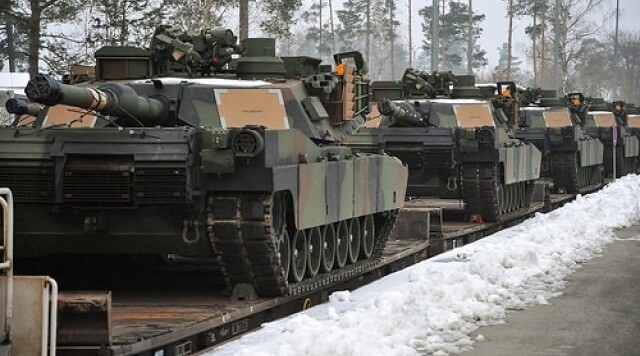To mark the death of the esteemed Stanley Hoffmann on September 13, 2015, this article is free online for a limited time.
International systems have historically come in two forms: those based on the balance of power and those of a revolutionary nature, including systems organized around bipolar competition. Hoffmann finds the world order of 1987 to contain both these systems and judges it both ambiguous and original. While the tension of these extremes can make the world appear "anarchical," there are certain agreed upon rules by which the superpowers interact. These rules ultimately preserve order by embracing competition between the United States and the Soviet Union; superpower confrontation is prevented by each nation holding to their own ideals and sovereignty while embracing nuclear deterrence. Having revealed the rules of the superpower game, Hoffmann then subjects them to ethical judgment. Despite the historic duration of peace between superpowers that seems to have been sustained by these rules, Hoffmann finds them both ethically flawed and ultimately unstable. Turning to a brief consideration of United States foreign policy, he points to particular moral difficulties in U.S. stances and urges the development of superpower rules that are effective and ethical.
To read the full text of this article, click here.



